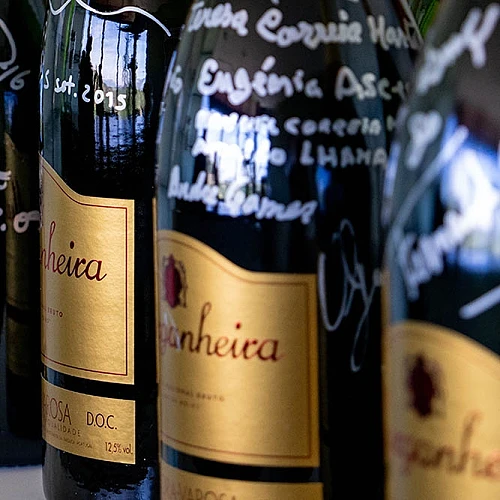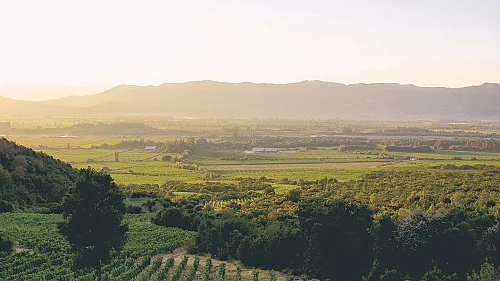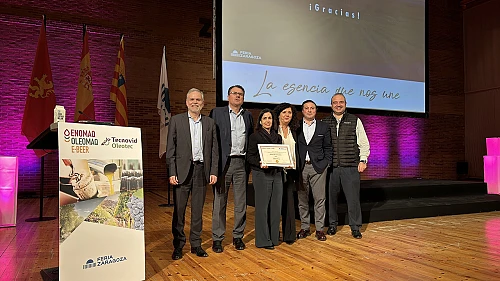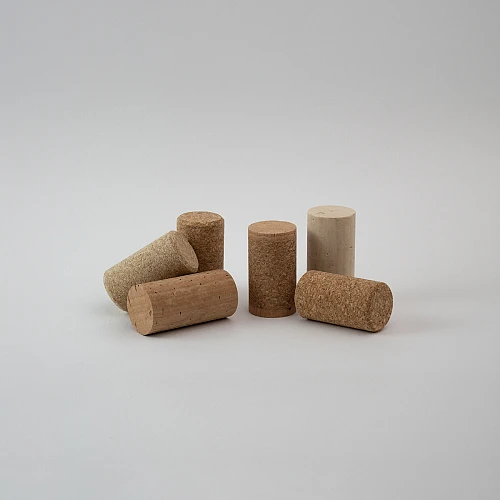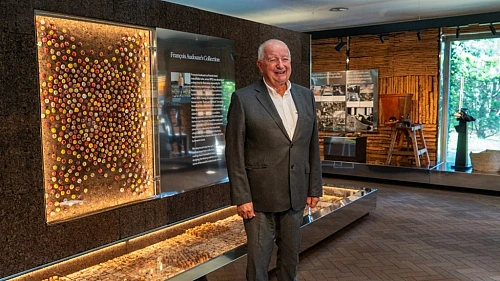- Media Center
- News
News Media Center
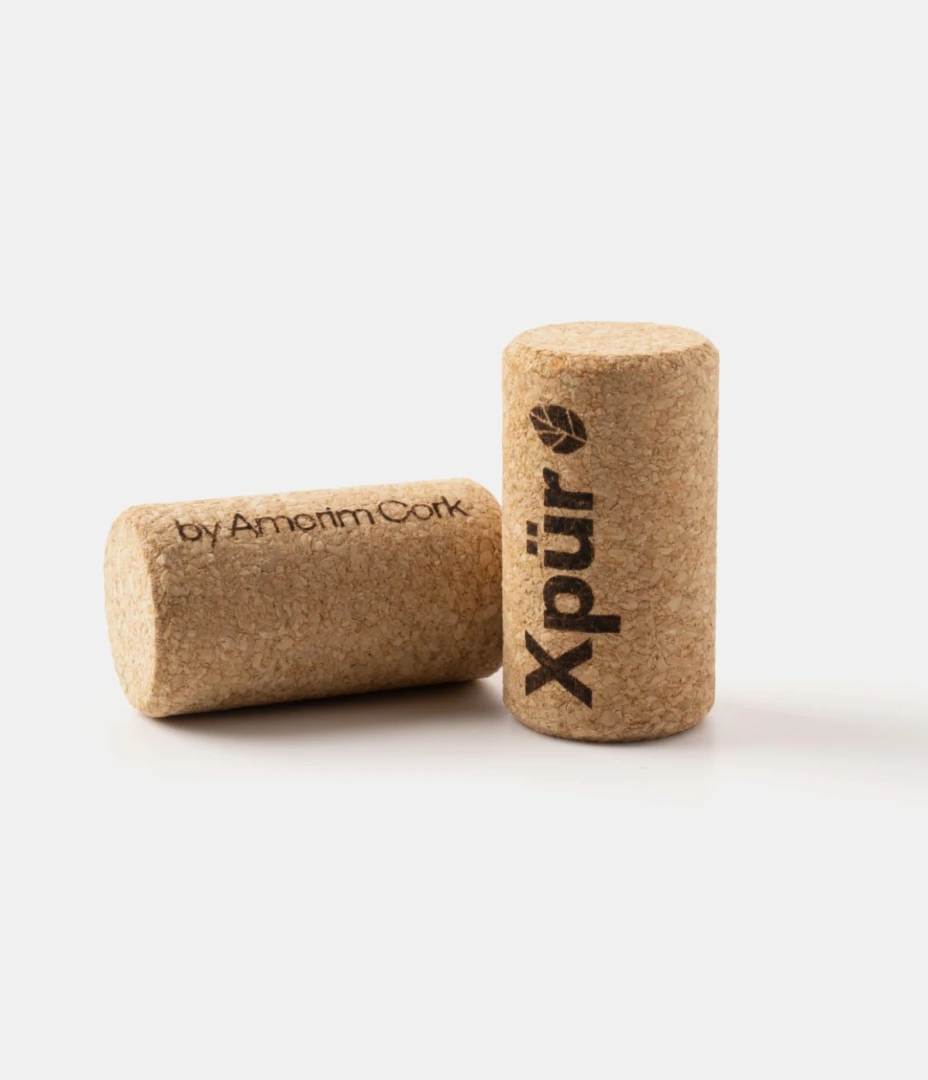
Amorim Cork's new Xpür cork stopper contributes to mitigating climate change
Cork stoppers are an inherently sustainable resource and have a positive impact on decarbonisation of the wine industry, thereby making a contribution to mitigating climate change. A recent study certified by APCER, demonstrates that the microgranulated stopper produced using Xpür – the world’s most innovative, efficient and ecological anti-TCA technology for this type of stopper, that is primarily used for fast rotation wines, has a negative carbon footprint, considering the carbon stored in the stopper – 34,75g CO2e per stopper, evaluated using a cradle-to-gate approach.
Xpür technology is used in the treatment of Neutrocork Xpür and QORK technical stoppers – wherein the latter uses an innovative binder, made exclusively from polyols of vegetable origin. Xpür improves the conventional application of supercritical CO2, that was developed several decades ago. It applies 21st century technology to update, reformulate and restructure the concept. Amorim Cork's revolutionary approach uses only 25% of the energy and only 10% of the CO2 that was previously required for this purpose. Xpür makes it possible to lower TCA levels to 0.3 nanograms per litre (ng/L) * in treated microgranulated stoppers, while leaving cork’s physical-mechanical properties intact. As a consequence, Amorim Cork's range of microgranulated stoppers has the highest percentage of cork in the market. This portfolio also dispenses with additional chemical solutions to maintain cork's natural properties, in particular its very important rates of compressibility and expansion.
These results, in addition to providing relevant data on the environmental contribution of cork products, provide quantifiable information to Amorim Cork ’s approximately 20 000 national and international customers on how to reduce the carbon footprint of their products.
The study focused on the different stages of the life cycle, using a cradle-to-gate approach, in particular: forestry activities; preparation of cork, including transport from the forest; production; finishing and packaging. In order to be able to make comparisons with approaches from previous studies, the study also considered distribution of the product from Portugal to the United Kingdom. It included additional information on carbon sequestration by the cork oak forest.
The carbon footprint study was developed in accordance with the guidelines of the Greenhouse Gas Protocol (GHG), developed by the World Business Council for Sustainable Development and the Development and the World Resources Institute, and uses a life cycle assessment (LCA), based on ISO 14040 standards. The study was also supported by data from Amorim Cork, bibliographic sources, Ecobilan LCA database and TEAM® analysis software.
* Releasable TCA content at or below the 0.5 ng/L quantification limit; analysis performed in accordance to ISO 20752
